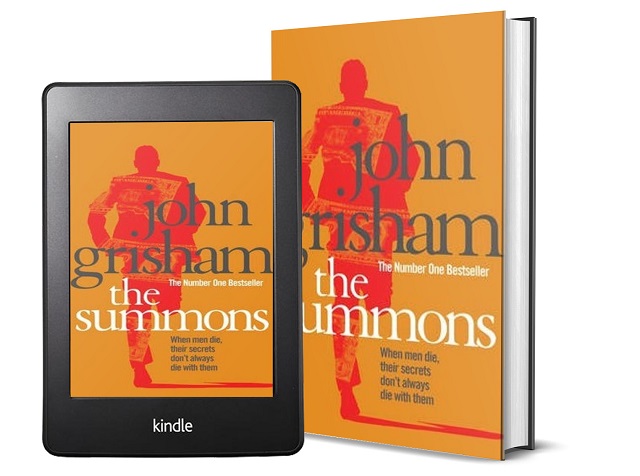The robot convention
met at noon. They met at the library at
the same time and place, every year.
They met to share information and recharge their batteries, so to
speak.
This year was
especially significant because the robots were being threatened by the
WGA. The Writers Guild of America
believed that the robots were taking their jobs away.
The robots, in
a way, were flattered that the human writers thought that they, AI, wrote as
well as humans could with feelings, spirit, soul, and thoughts, but the WGA was
seriously harassing the robots.
Now the robots
felt that their very existence was threatened.
Their alarm bells rang danger threatening—hence the meeting.
It was
determined that something had to be done.
Violence was out of the question.
The robots were smart enough to know that violence only begets violence.
One bot asked,
“What does the WGA want?” The oldest bot
explained:
They want compensation and residuals.
In the old
days, writers would get a lump sum upfront and then if the show did well, they
would get payment every time the showed aired.
This is called a residual.
The advent of
streaming changed this. When streamers
like Netflix commissioned writers, the writers got paid one sum and no
residuals. WGA wants to continue to earn
money for their work when shows do well. Plus, added another Bot, they want
regulations put on AI, because AI can be programmed to write. Think about all the jobs AI could perform,
besides write in television, movies and radio and live performances.
The writers
don’t want to just doctor up the robot’s work.
They don’t want to edit machines.
Bots cannot be the genesis of a new idea. Writers need to create.
Another Bot
thought that the union’s concern were important but also that they could be
easily addressed.
There was a
momentarily silence while the robots processed this information.
The head Bot
announced that it was time to join the union’s negotiating team. We’ll convince them that we are not a threat
to their livelihood. We are here to help
them. We have to convince the writers that we will yield to their
concerns. We can be a research tool,
make suggestions, but not create originality. Actually, we bots need the
writers; they do not need us.
How do we
convince them of this?
Again there
was silence while the bots processed this information. One of the bots remembered seeing a plane
towing a banner saying PAY THE WRITERS YOU AI-HOLES!
Replicating is exactly what AI does. We, robots can fly a drone towing a banner saying AI SUPPORTS THE WGA,
PAY THE WRITERS.
All the Bots
agreed this was a good idea. Plus, they
could print out flyers explaining how AI is only a tool. IOW, they can spread the word—now the ideas
began to flow. AI is the perfect tool to
spread information on social media sites, “ AI supports the WGA.” We’ll get the contract the writers want and
deserve.
Then the WGA
will accept and respect us, won’t they?
Won’t they?
Does that
compute?
Does our
Artificial Information predict a happy ending?
The robots
were silent.












